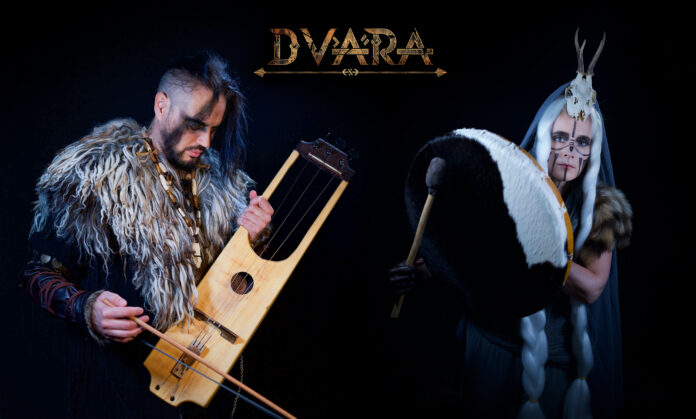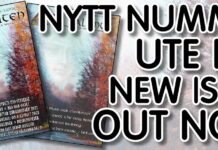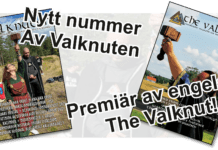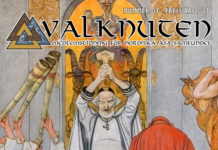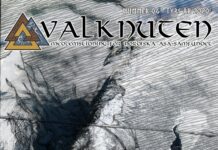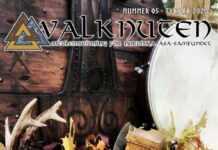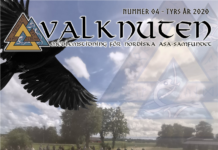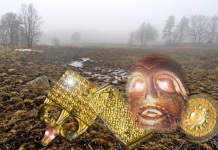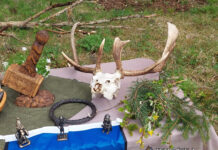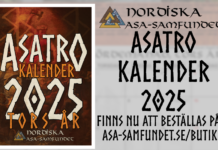Hello and welcome Vitaliy from DVARA. It is an honor to have you with us.
Thank you very much! It’s a real pleasure.
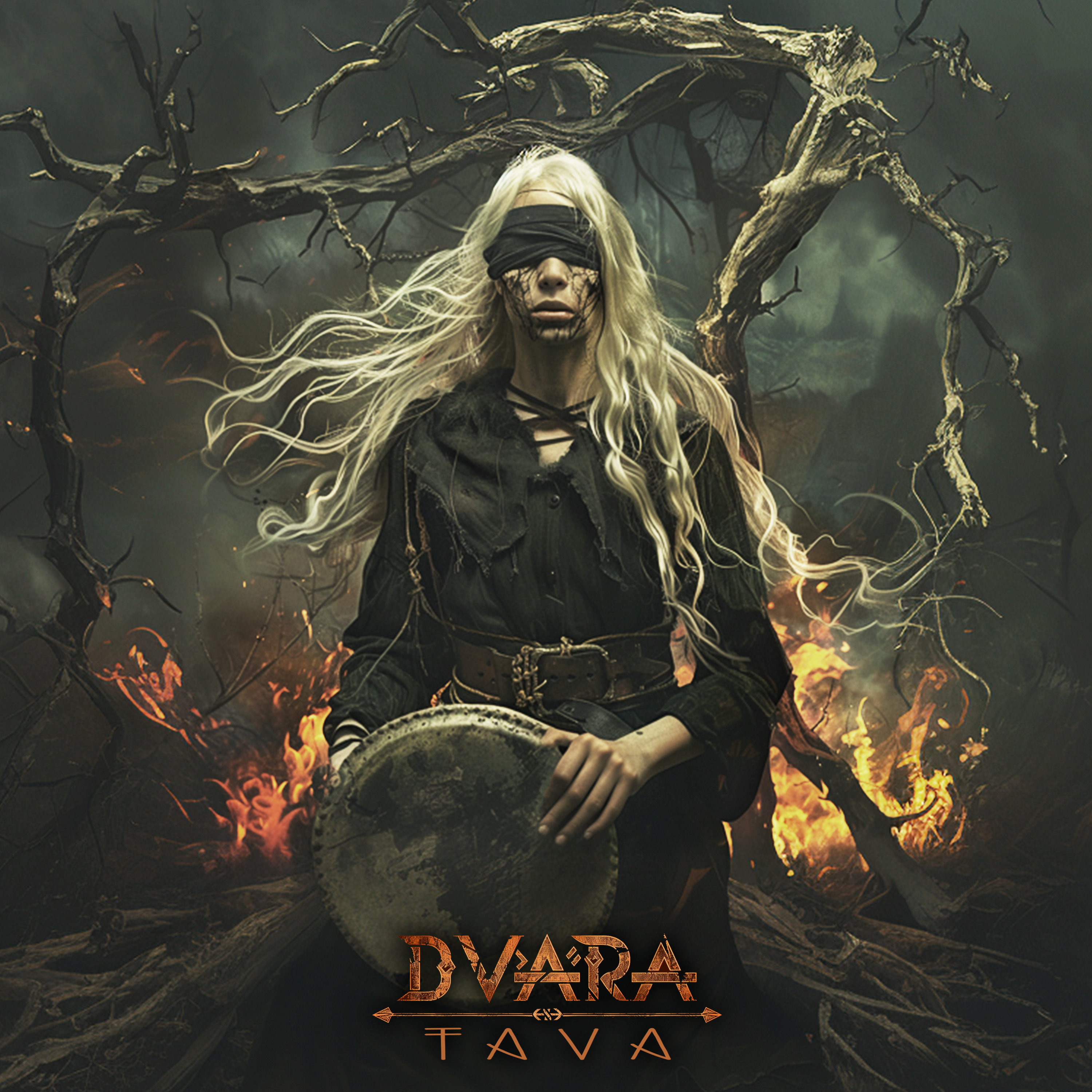
Now you have started DVARA. What differs DVARA from your past projects?
I think the most important difference is a cultural background. DVARA is based on Scythian heritage. And today we are the only band that sings in Scythian language. Scythian and Sarmatian culture and history was around us all our life. One of the main centers of Scythian world was near our cities where we were born. So, for me and Galya it means our deepest roots. By the way, DVARA means the way (the door) between our world and the world of our ancestors.
Next, I think is our approach to recording. From the very beginning we decided not to use samples in our music. Today most of the bands that plays Nordic Folk or Pagan Folk heavily rely on the use of sampler instruments. And as a result, we hear the same sounds in the different songs from different bands. Adding to this the use of Poetic Edda that is certainly very inspiring and beautiful but overused nowadays, it becomes really sad to hear the same Old North lyrics and same sounds. We prefer to go more in depth of culture and try to experiment with real instruments, make new ones if needed, but not to go “easy way” and add one more sampled instrument to our composition. This is a hard way, but the results are totally worth it!
Perhaps not all our readers are familiar with Scythian history and heritage. Could you tell us more about it and how it connects to Nordic heritage?
In a few words, Scythians were equestrian nomadic people that progressively replaced Cimmerians around 8th century BC in Europe and Asia. It was not one tribe but many tribes that were united and lived with precise hierarchy and a single leadership. There were 3 castes: Warriors, Shamans and Nomads. And they were widespread from Asia to modern Europe. Some of them migrated towards Siberia and the others to the north of Europe right to the Norwegian fiords, where they were mixed with the local tribes.
At some point they returned from the north but already as Vikings and mixed with the Slavic tribes that replaced Sarmatian nomads comes after Scythians. In modern history we call it “pizza effect” (when something goes away and then comes back highly changed).
The most difficult thing with Scythian culture is that there is nothing written in Scythian language and all that we know of Scythian language comes mostly from Greco-Roman authors. A lot of research and very good reconstructions have been done nowadays, but there are still a lot of unexplored.
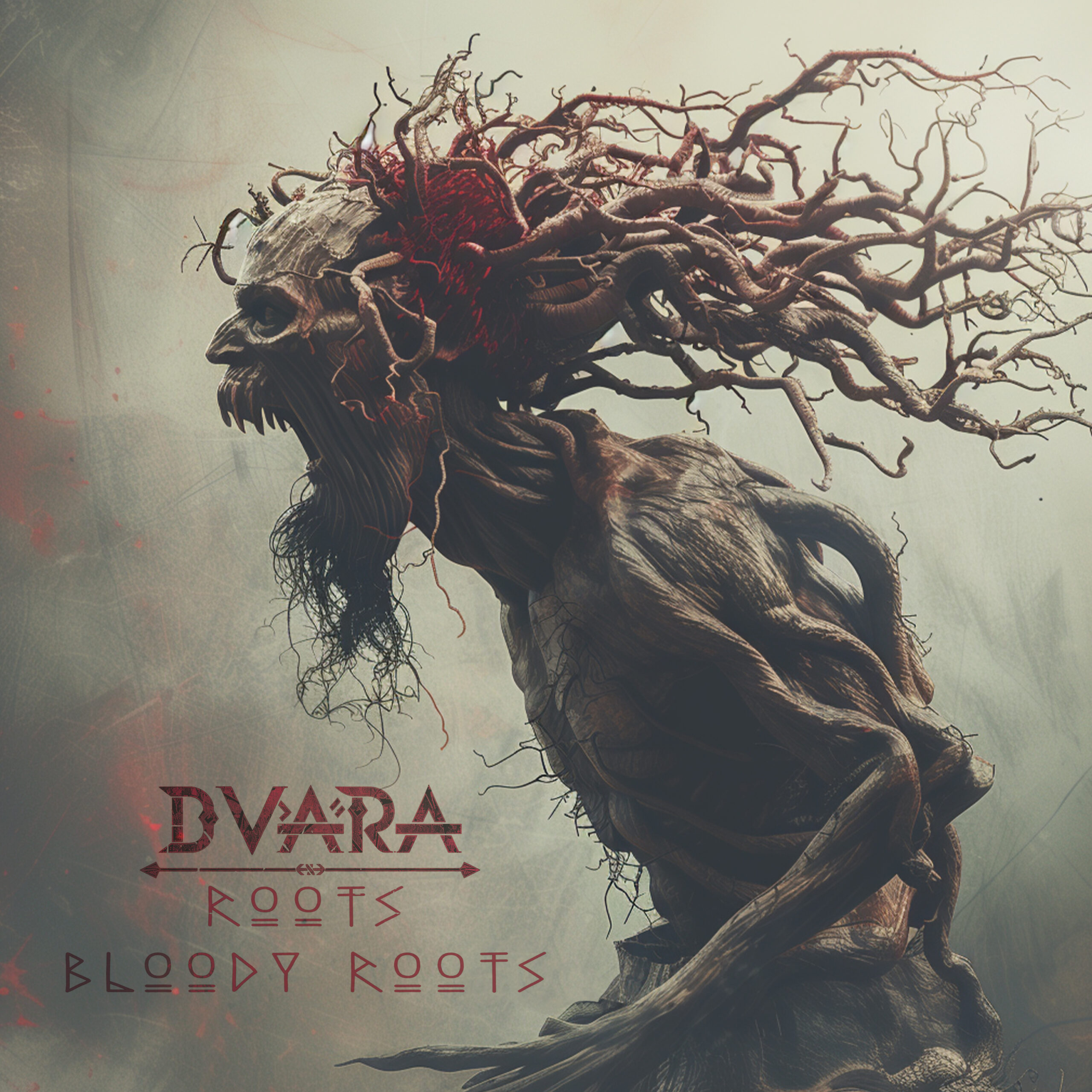
When I listen to your songs, I sense a strong influence of Heilung. What are your main influences for DVARA?
Really glad to hear this reference, it means a lot, but we are not really influenced by Heilung. The only similarity is a shamanic culture. Our main influences are Altai throat singers and shamans. A lot comes from our families. Some ancestors in our families were healers and performed specific rituals which are passed down from generation to generation. And we use them in our songs.
As a band who is close to us, I think we can name our friends Nytt Land from Siberia. They are also highly influenced by shamanic culture but from Khanty-Mansi people of Siberia.
Me and Galya have studied a lot of traditional music from different regions of our planet. It’s some kind of hobby to go deep into different cultures and their music, study and discuss it between us. At some point in my life, I even wanted to become an archaeologist, but music eventually won, and I became a musician. So, when it comes to making music, it’s naturally our roots and our culture that we use. It’s so native for us!
What can we expect to see from DVARA in the future?
DVARA is a very young band so there are a lot of things to do. First, a lot of new music! We will release a new song each month. It demands a lot of work as we do all ourselves. All music recording, mixing, mastering, all images and videos all made by us. But this way we can do exactly what we think is best. Also, we constantly do a lot of research. Looking for new instruments and new ways to implement them in our music. And of course, there will be more visual content. We are looking to make our first official video. Of course, we plan to go live and do festivals, but it will be later.
DVARA online:
Website: https://dvaramusic.com
Spotify: https://open.spotify.com/artist/63zhhkVyuIHwof6CLP7nQ7?si=SZSsTAHoQdOitXPn04HcaQ
YouTube: https://www.youtube.com/@Dvara-Music
Facebook: https://www.facebook.com/profile.php?id=61558375948573
Instagram: https://www.instagram.com/dvaramusic/
Interview by: Ómar Richter
Photos by: DVARA

